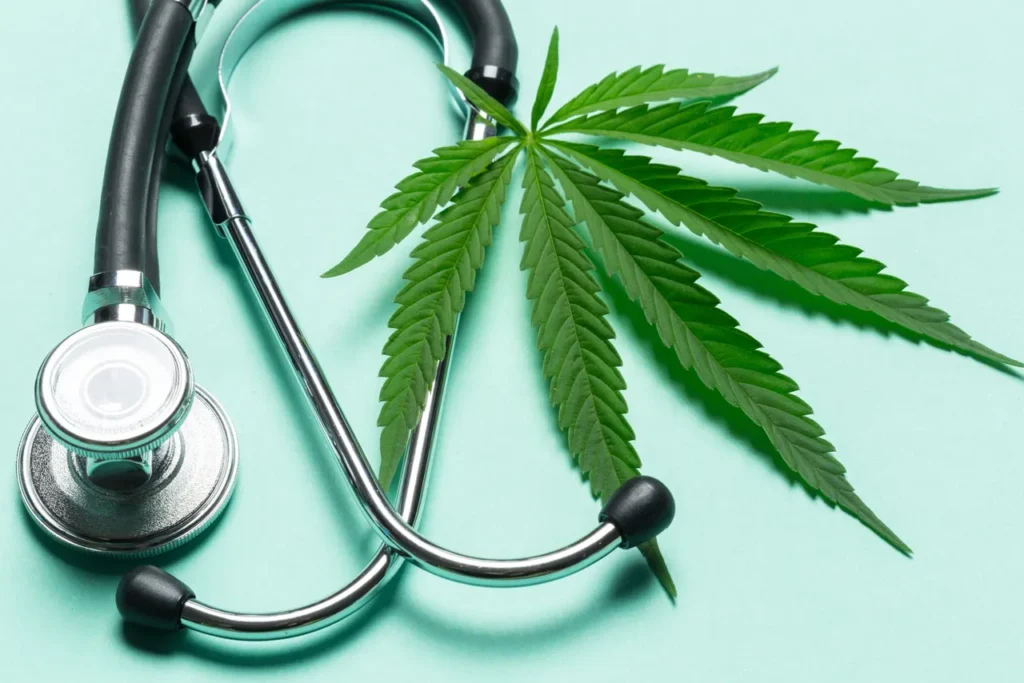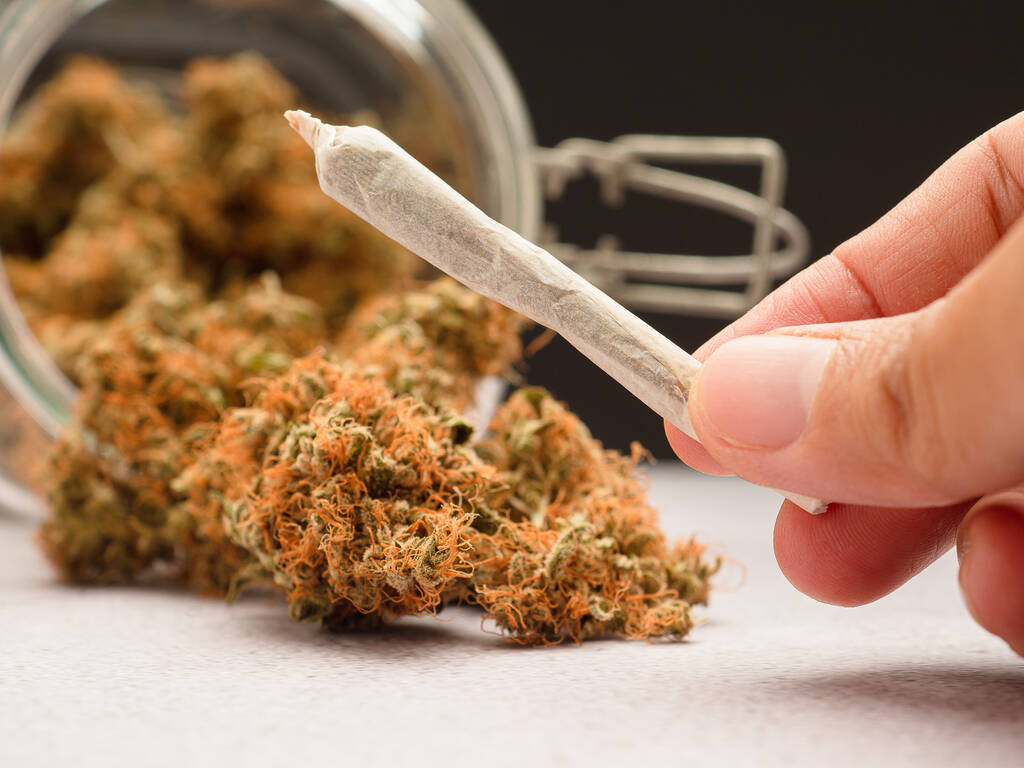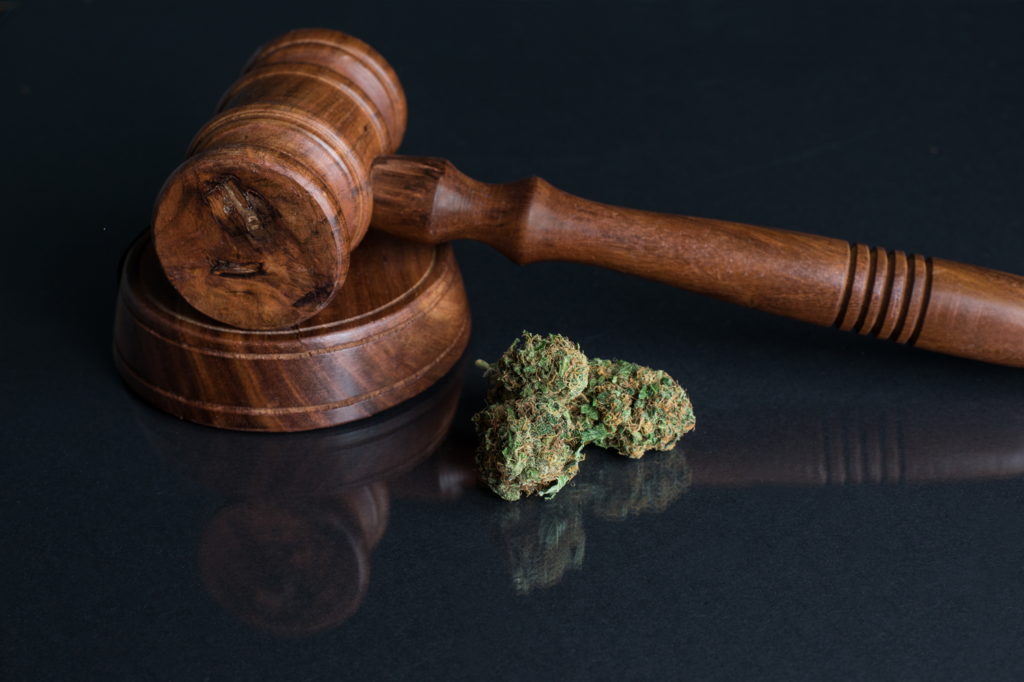A bill introduced by Councilmember Phil Mendelson (D) would allow medical marijuana retailers in Washington, D.C. to prepare and sell certain cannabis products on-site, under a newly created “craft preparation endorsement.”

The measure has been assigned to the Committee on Business and Economic Development.
The legislation, which has been assigned to the Committee on Business and Economic Development, is titled the Medical Cannabis Retailer Craft Preparation Endorsement Act of 2025. It would allow licensed medical cannabis retailers apply for an endorsement from the Alcoholic Beverage and Cannabis Board that allows them to produce shelf-stable edibles, topicals, and prerolls at their retail locations for sale to qualifying patients and caregivers.
Continue reading












